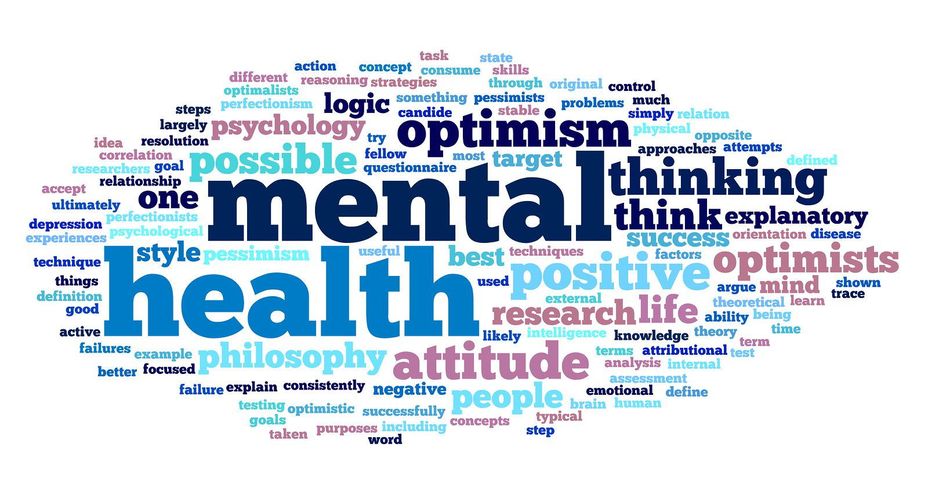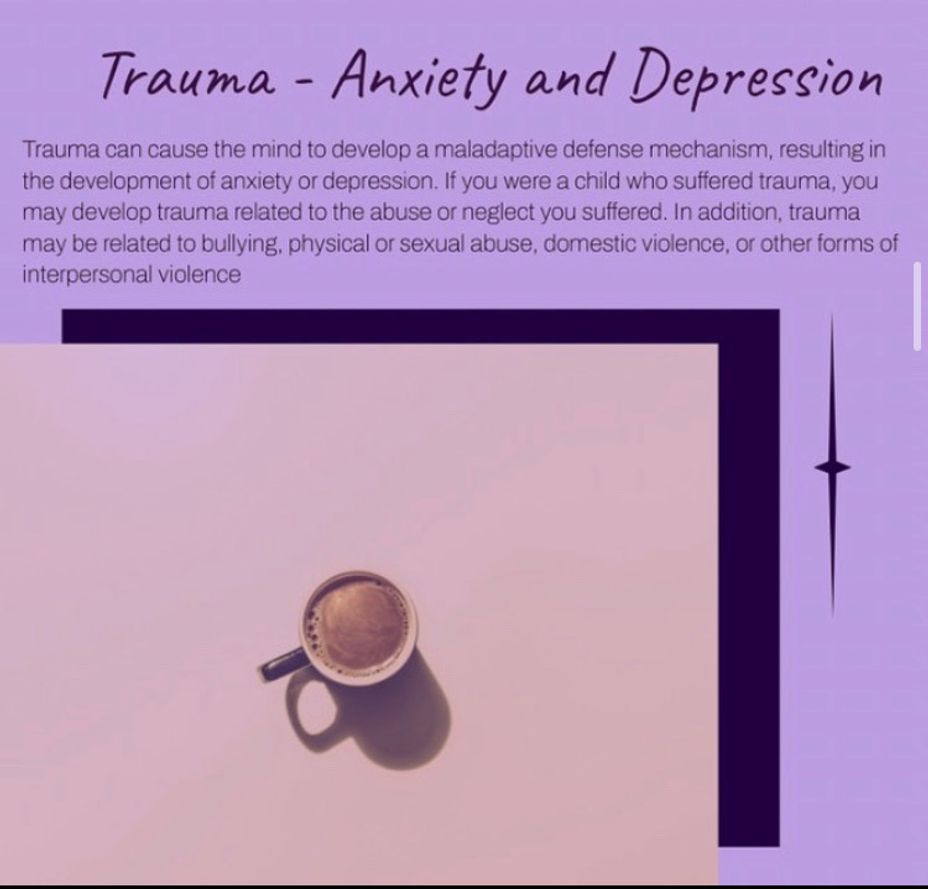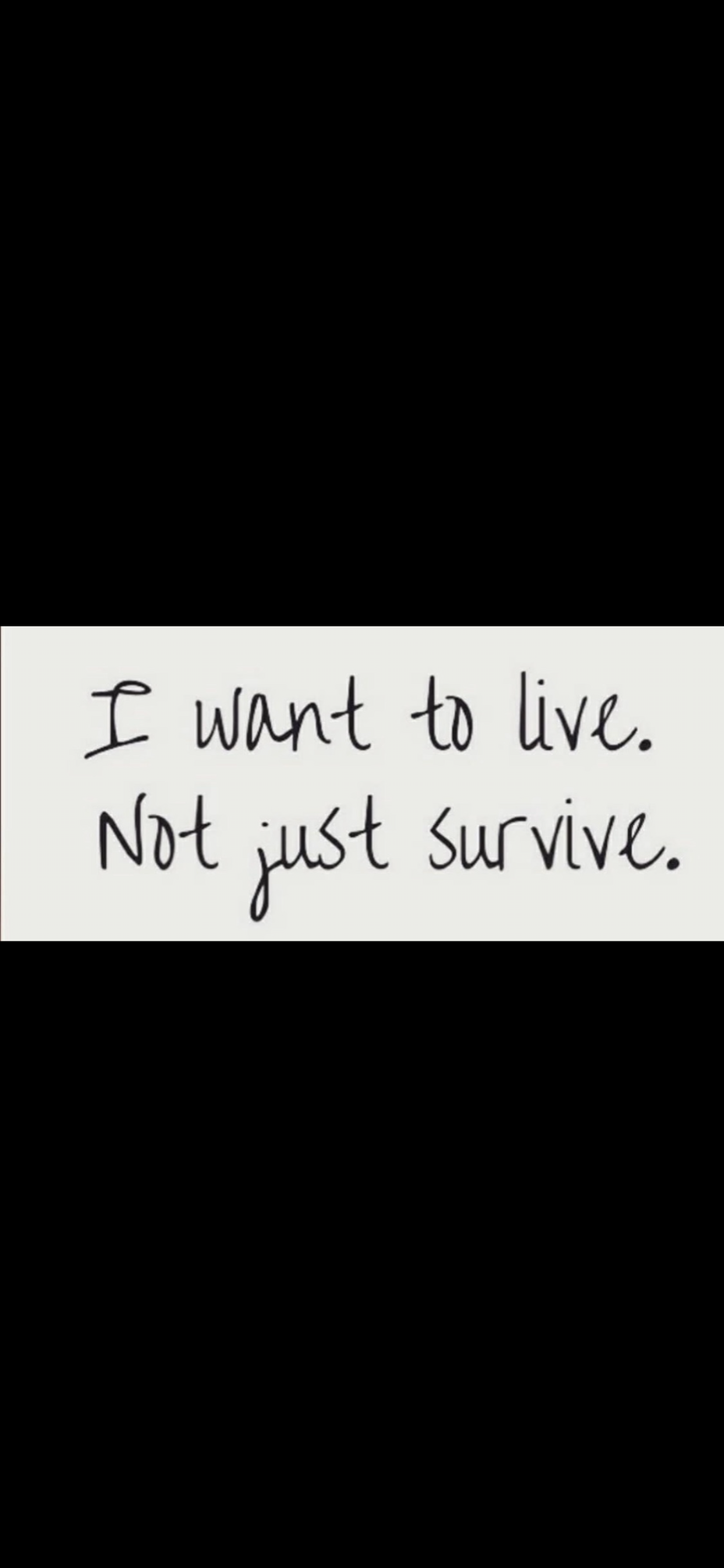In a few years, I'm going to be writing a book exposing the corruption and perverse incentives within the organized mental health system, including how psychiatric hospitals compound trauma and many mental health professionals reinforce socially discriminatory power dynamics.
Please, if I tell you I'm thinking about, or I'm acting out through, suicide (attempts) or violence, or struggling with existential/general anxiety, and your only or primary solution is go to the hospital, back off and keep your mouth shut. You are not helping me recover, and though I may not tell or show you what I am thinking or feeling, it will instantly make me distrust you and push my feelings further inside.
So what, then, can you do to help me, and other individuals with serious mental illness?
1. Treat us first and foremost as equal human beings who are, just like you and everyone else, struggling to survive this wild Rollercoaster ride we call "Life." Do not patronize us, do not condescend to us, do NOT (in the name of all things holy, please help me God) make decisions for us or presume to speak on our behalf, even if it's in our "best interest", unless we freely give you our consent to do so. This has little to do with not treating us like children, and everything to do with affording us our fundamental human dignity. Even children cherish the freedom to care for themselves as much as they know how (autonomy), to choose the activities they do for fun (recreation), to choose their own playmates, friends, and associates (freedom of association), and to explore and engage with the world around them. Treat us like people, and give us the space to make mistakes, as well as good decisions.
Objection: But you cannot be trusted to make your own decisions. You are not responsible or trustworthy. You are dangerous to yourself/others. Who knows what you'd do if you were left at liberty to do whatever you wanted? You'll hurt yourself! You'll hurt us!
Answer to objection: Responsibility is not innate to any person; it must be taught every single day, by parents, by teachers, by peers. The child must be taught to do his chores, to tend to his hygiene and grooming, to control his bladder and bowels and know when he needs to go to the bathroom and empty them. The student must be taught to attend school every scheduled day, to pay attention to the lesson and participate in class, to complete and submit his assignments in a timely manner, to be honest in his studies, neither cheating by copying nor falsifying nor plagiarizing. The peer must be taught to consider the feelings and needs and boundaries of his mates, to select healthy associates and friends, to refrain from bullying and harassing behavior. The child must be taught to follow rules and obey the law, and must be taught the importance, and appropriate means of, protest and advocacy when he considers these rules or laws unjust. Now as for how others should treat the irresponsible person, it is not prudent to lower standards to placate or appease the irresponsible, as this will teach him that he can evade responsibility by getting angry and throwing a temper tantrum, which will hinder his maturation process and impede his psychosocial development: in other words, expect less of the irresponsible, and he will most likely struggle to "grow up" and "outgrow" his irresponsible ways. What is better, is to consider irresponsibility as a skill deficit, or a combination of skill deficits, and support the irresponsible person in developing the skills which he lacks. Does he struggle to manage his time effectively, to prioritize more important and urgent tasks over those that are not as important or urgent but that offer more immediate gratification? Demonstrate how time management has positively impacted your life, how you achieved your highest goals and still had time to do things you enjoy. Is he too emotionally reactive, too quick to anger? Demonstrate the benefits of controlling one's emotions and using reason and dialogue, rather than emotional outbursts, to resolve challenges.
As for being a danger to self by suicide or self-harm, such behaviors tend to come from a place of intense emotional anguish, deep soul pain, be it from traumatic life experiences or meaninglessness or the inherent complexity of life itself. For this, be present with the hurting person, not attempting to preach or persuade or push your point of view, nor attempting to control, dominate, or protect, but just be and actively listen to understand. As a good friend of mine says, "hold the bucket" for whatever pain the person needs to release. Don't try to build a dam to stop the water. Just hold the bucket until the person is done.
If someone is threatening or committing violence, make sure you and others are physically safe first and foremost, then tend to the violent individual. If you want to help the violent person and deem yourself in a safe position to attempt to do so, acknowledge his pain but let him know you cannot and will not tolerate any violent or threatening behavior, and specify and enforce consequences if violence continues. This may involve making some tough decisions, such as evicting the individual from your home or involving the authorities. If the individual listens to you and ceases his violent behavior, let him know you still care about him, and ask him if he is ready and willing to talk about what's bothering him. (I know a bit about how to deal with violence in mental illness because I used to struggle with it when severely depressed and suicidal.)
2. Listen to what we say about what we need, want, and feel. Actively invite us to share our perspectives and inner experiences, or at least ask us what you can do to support us, lest you just jump to conclusions and hurt us more. And please don't judge or invalidate our emotions, or give advice when we don't ask for it.###
(This is getting long, and it's getting really late. So, to be continued.)
Please feel free to ask any questions or offer any critiques, corrections, or insights in the comment section below. Please direct any private questions or comments to davidoko99+wellmindlivewell@gmail.com. Please note, I am not a mental health professional or any kind of physician or practitioner of any healing art or helping profession. I am simply a person with lived experience with mental illness.
#MentalHealth #MentalIllness #MentalHealthAdvocacy #mentalhealthsupport







